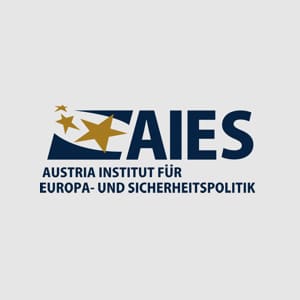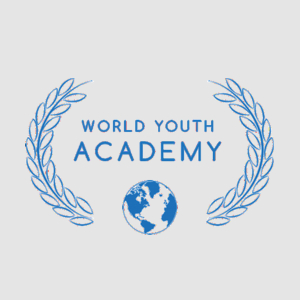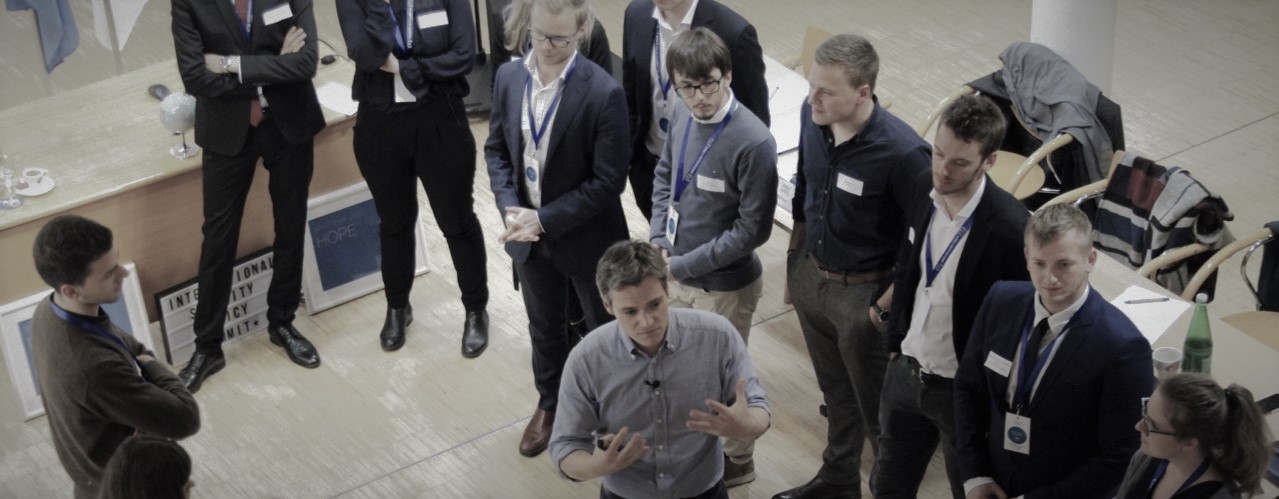
THE STRATEGY FACTORY
The Strategy Factory provides tools for future-oriented monitoring of relevant developments in the relevant areas and develops skills in strategic advice and thinking by using techniques such as an overview of trends and related socio-political and economic options.
It equips young talents interested in policy making with the necessary skills to translate research into policy. It enables them to make a real difference and kick-start their careers in strategic and operational political sectors. Collaboratively it enhances knowledge of how to create meaningful policy recommendations on the strategic level and apply a operational toolkit on the ground.

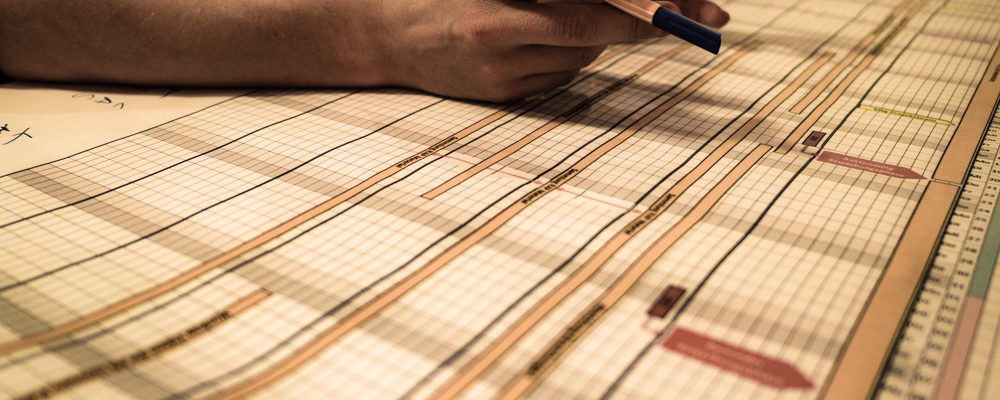
The Strategy Factory is comprehensive, knowledge based and action-oriented.
It is hands-on policy making.
Making a full circle
POLICY-MAKING INSTRUMENTS
The aim of the Strategy Factory is to train junior professionals in policy-making and strategic thinking. In doing so, it makes a full circle: while encompassing strategic and operational aspects it offers junior professionals skill sets, instruments and an insight into conventions relevant to policy making. Together with experienced experts, state-of-the-art research is being translated into case study policy recommendations.
GEOSTRATEGIC FOCUS
By focusing on the wider aspects of international politics, the workshop dwelves into the realm of security, foreign and development policy as well as taking into account humanitarian aspects and a perspectives from international crisis and conflict management.
Selected case studies of today’s pressing challenges are being tackled with creative ideas, experienced insights and methodical approaches.
In collaboration with
Stay tuned for updates on
The Strategy Factory's
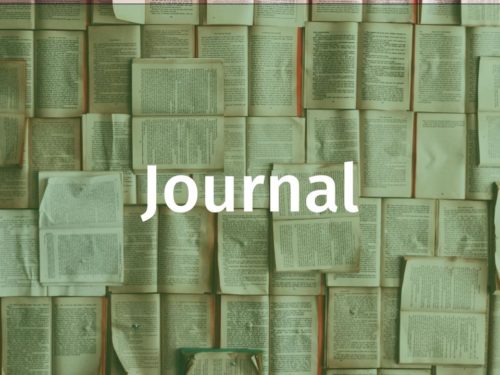
Similar Neighbors, Dissimilar Outcomes: Peacebuilding in Mali and Niger
There are manifold similarities between Niger and Mali in terms of their history, geography, demography, societal challenges, and security threats. Nevertheless these two countries differ quite substantively in how stable they are. An article about peacebuilding in West Africa.

Was bedeutet europäisch Handeln in Zeiten von COVID-19?
Warum Definitionsfragen keine Erbsenklauberei sind, schon gar nicht in der Krise.
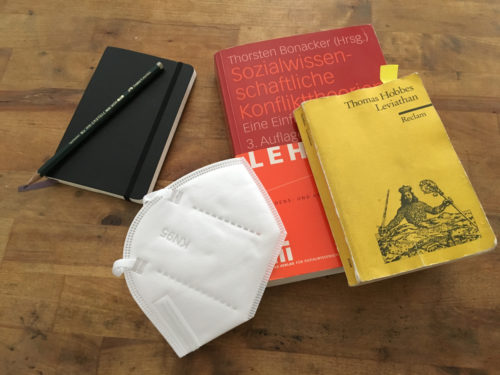
Die Covid-19 Krise als Chance für die Europäische Union
Die EU kann die Covid-19 Krise nur als Union bewältigen; gemeinsam meistern oder getrennt scheitern.

Globalisation linkage to COVID-19: How Africa’s Economy is Impacted?
Since the rise of globalisation, the world has now become like a small neighbourhood where people can easily interact with each other without facing any serious barriers.
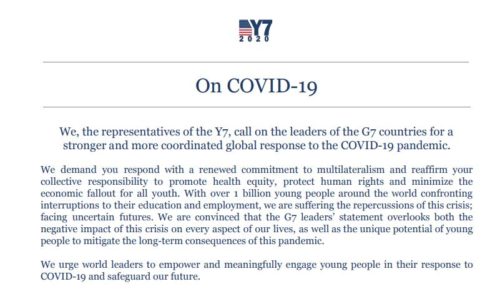
Shabka supports the Y7 call regarding the G7 response to the COVID-19 pandemic
The representatives of the Y7, the youth engagement group of the G7 2020’s call on the leaders of the G7 countries for a stronger and more coordinated global response to the COVID-19 pandemic. Shabka supports their recommendations and engagement. Together, Y7 representatives defined the impact of the COVID-19 pandemic on young people, underlining their needs, responsibilities as well as engagement to mitigate the impact of the crisis. The communiqué has been put forward to the G7 and other world leaders
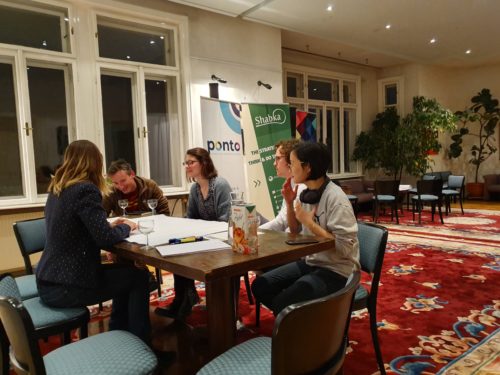
Melange im Salon – Wir haben Sicherheitspolitik neu diskutiert
Am 13. März diskutierte Shabka gemeinsam mit dem Think Tank Ponto in Kooperation mit der „Cooperative Security Initiative“ (CSI) der Friedrich-Ebert-Stiftung und dem slowakischen Think Tank Globsec am International Institute for Peace (IIP) über die Zukunft europäischer Sicherheit. Ziel war es kooperative Sicherheitsansätze und Multilateralismus in Hinblick auf künftige Problematiken einer weiter ausgearbeiteten gemeinsamen europäischen Sicherheitsstrategie zu diskutieren. In mehreren Kleingruppen wurden Fragen wie „Welche Vision haben Sie für die europäische Sicherheit in den nächsten fünf bis zehn Jahren?“, „Was
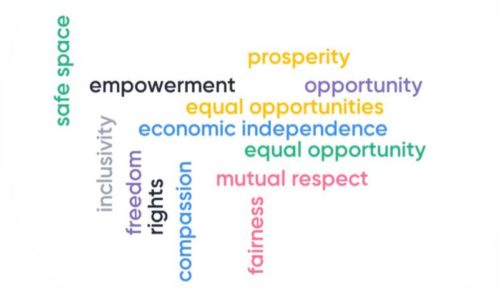
iSEDI 4.0 –Gender equality: opportunities and challenges in international security settings
Once more, Shabka participated at ISCAN’s International Security Dialogue Series iSEDI on 18 March 2020. Together with Velina Tchakarova (AIES) and Monika Fröhler (Ban Ki-moon Centre for Global Citizens) Shabkas Elisabeth Bauer had the pleasure to give an Input on the role of gender equality in international peacebuilding. Adjusted to current situations of COVID19 the event took place via videocall but lacked nothing to make it a vivid discussion. Gender equality and female empowerment are some of the fundamental principles
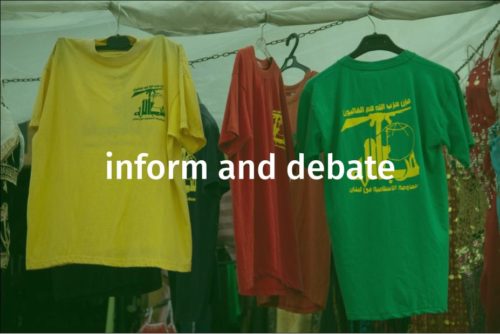
Die Hisbollah auf der EU-Terrorliste? Was bedeutet das?
Sollte die EU auch den politischen Arm der Hisbollah auf ihre Terrorliste setzen, welche lokale, regionale oder globale Auswirkungen wären zu erwarten? Die schiitisch libanesische Hisbollah wird in der Beurteilung der Europäischen Union seit 2013 in einen politischen und einen militärischen Arm geteilt. Diese Trennung ermöglichte es, den militärische Arm auf die EU Terrorismusliste zu setzen und gleichzeitig mit allen Institutionen und politischen Parteien im Libanon zusammenarbeiten zu können. Die USA, Kanada, die Niederlande sowie Großbritannien haben die Hisbollah in
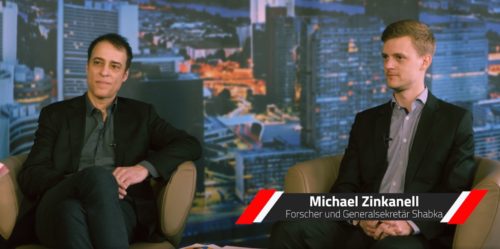
Diskussion zum EU-Türkei Deal & zur europ. Migrationspolitik auf KroneTV
Vergangene Woche war Shabka’s Generalsekretär Michael Zinkanell zu Gast bei der KroneTV Diskussionssendung „Moment mal“. Dabei diskutierte Michael Zinkanell mit dem Historiker und Autor Heiko Heinisch die zentrale Frage der Sendung „Was steckte eigentlich hinter dem Deal mit der Türkei?“. Zum Video geht es hier unter diesem Link.

